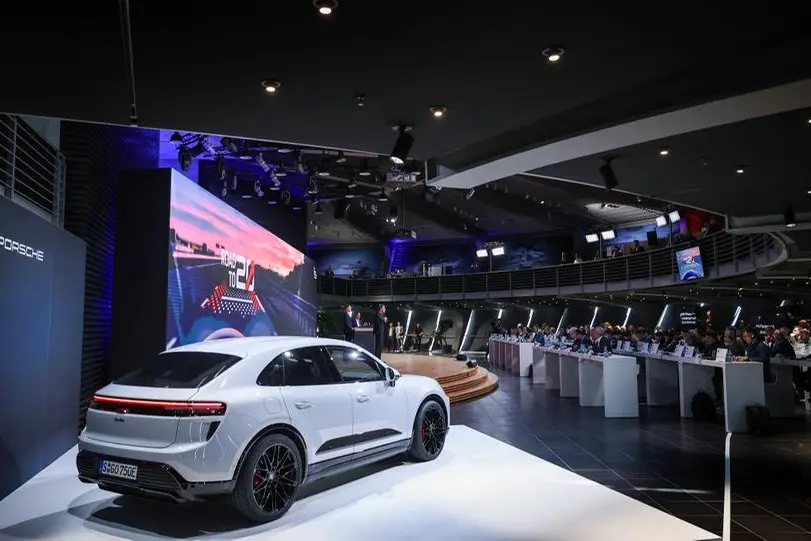PHOTO
Sales of new cars in Germany fell in March, official data showed Thursday, dragged down by plummeting demand for electric vehicles following the phaseout of government incentives.
A total of 263,844 new cars hit roads in Europe's largest economy last month, the KBA federal transport authority said, down 6.2 percent from a year earlier.
The decrease could be partly attributed to fewer working days compared with March 2023.
But analysts said new registrations were also hit by an ongoing slump in the market for battery-powered electric vehicles (BEVs), after the government withdrew incentives at the end of last year.
BEV sales plunged by nearly 29 percent in March, the KBA said.
"This political decision has led to considerable uncertainty in the market," said EY analyst Constantin Gall.
"Demand for electric cars is currently very weak -- despite the high discounts that many manufacturers have given to compensate for the cancellation of the environmental bonus," he said.
Fully electric vehicles made up just 11.9 percent of all car registrations in March, compared with 15.7 percent a year ago.
Despite the slowdown, Transport Minister Volker Wissing on Thursday said the government was still aiming to see at least 15 million fully electric cars on German roads by 2030.
"Creating a market through subsidies is not a durable solution," Wissing told public broadcaster ZDF, adding that car manufacturers also had to make "attractive price offers".





















